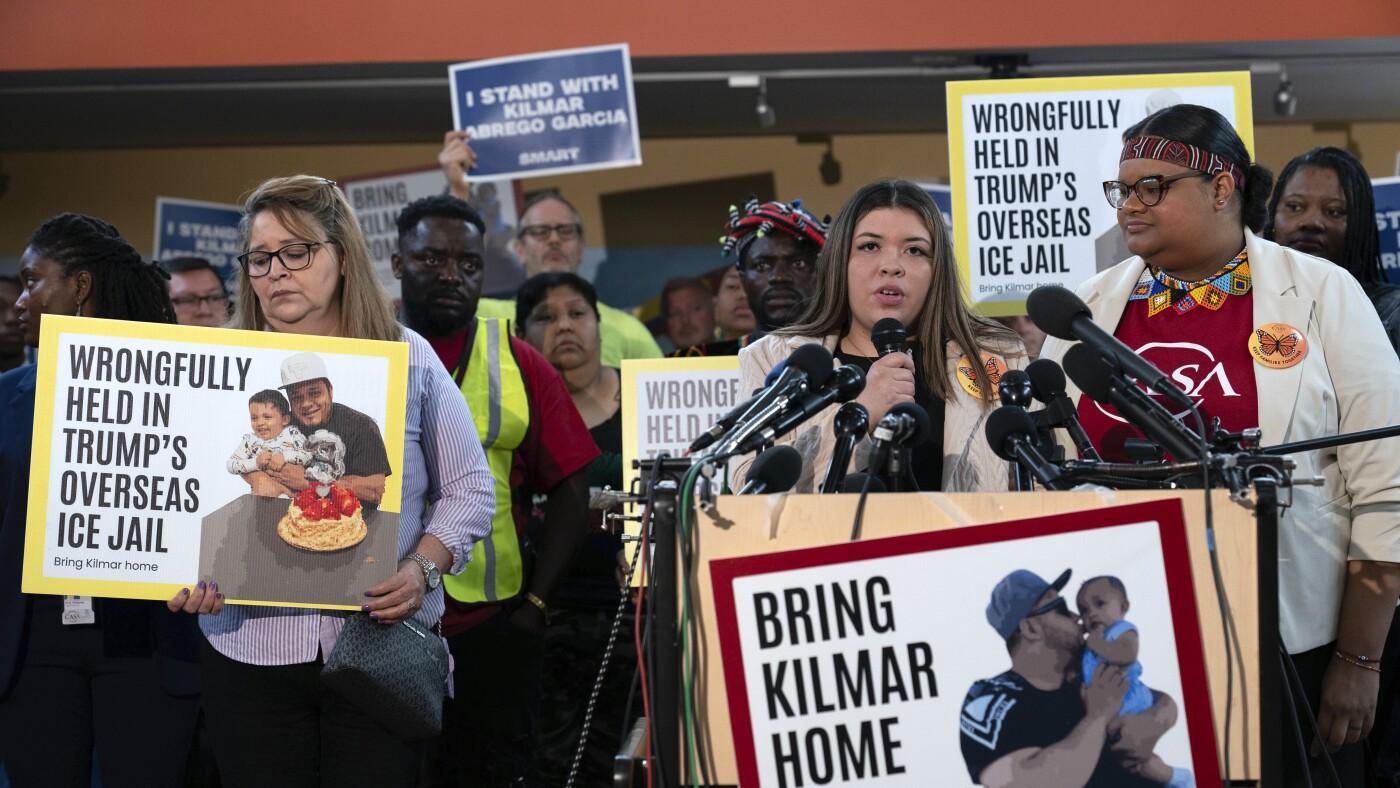The U.S. Department of Justice (DOJ) has sparked controversy by informing a federal judge that it is “not possible” to return Kilmar Armando Abrego Garcia, a Maryland man wrongfully deported to El Salvador’s notorious Terrorism Confinement Center (CECOT) on March 15, 2025. This claim follows a court order from U.S. District Judge Paula Xinis, who ruled that the Trump administration’s deportation of Abrego Garcia was illegal, citing a 2019 immigration judge’s decision granting him protection from deportation to El Salvador due to likely persecution by gangs. The case has intensified scrutiny of the administration’s aggressive immigration policies, raising questions about accountability and due process.

Abrego Garcia, a Salvadoran immigrant who lived legally in Maryland with a work permit, was detained by ICE on March 12, 2025, and deported despite his protected status. The DOJ admitted this was an “administrative error” but argued that Judge Xinis lacks authority to order his return, as he is now in Salvadoran custody. The administration claims that the U.S. cannot compel El Salvador, a sovereign nation, to release him, especially since he is held in CECOT, a high-security prison known for human rights abuses, including overcrowding and violence. Xinis called the deportation “wholly lawless,” noting that Abrego Garcia, a father of three with no criminal record, was arrested without legal basis or evidence.
The Trump administration has alleged that Abrego Garcia is a member of the MS-13 gang, recently designated a foreign terrorist organization, but his lawyers deny this, citing a lack of evidence beyond a 2019 claim based on a confidential informant and his clothing—a Chicago Bulls hat and hoodie. Judge Xinis dismissed these allegations as “vague” and “uncorroborated,” emphasizing that Abrego Garcia’s 2019 protection order remains valid. His wife, Jennifer Vasquez Sura, a U.S. citizen, has rallied supporters, expressing anguish over his detention in a dangerous prison. Posts on X reflect public outrage, with some calling the DOJ’s stance a refusal to rectify a clear injustice.
 The Supreme Court temporarily paused Xinis’s April 4 order to return Abrego Garcia by April 7, granting the administration more time to respond. On April 10, the Court upheld the order to “facilitate” his return but instructed Xinis to clarify her directive, respecting executive authority in foreign affairs. El Salvador’s President Nayib Bukele, a Trump ally, has refused to release Abrego Garcia, calling him a “terrorist” and dismissing the idea of returning him to the U.S. as “preposterous.” The DOJ, backed by Attorney General Pam Bondi, insists it lacks the power to act, citing Bukele’s stance.
The Supreme Court temporarily paused Xinis’s April 4 order to return Abrego Garcia by April 7, granting the administration more time to respond. On April 10, the Court upheld the order to “facilitate” his return but instructed Xinis to clarify her directive, respecting executive authority in foreign affairs. El Salvador’s President Nayib Bukele, a Trump ally, has refused to release Abrego Garcia, calling him a “terrorist” and dismissing the idea of returning him to the U.S. as “preposterous.” The DOJ, backed by Attorney General Pam Bondi, insists it lacks the power to act, citing Bukele’s stance.
This case highlights broader tensions in Trump’s immigration crackdown, including the use of the 1798 Alien Enemies Act to deport alleged gang members without due process. Legal experts warn that such actions risk setting a precedent for unchecked executive power. As Xinis demands daily updates on efforts to bring Abrego Garcia back, the clash between the judiciary and the administration underscores the challenges of balancing national security with constitutional protections, leaving Abrego Garcia’s fate uncertain.






